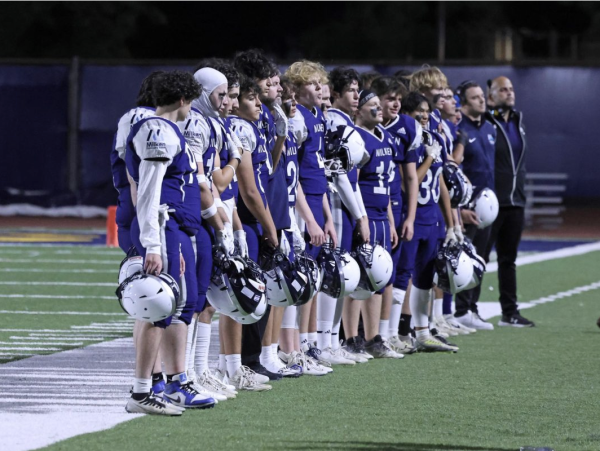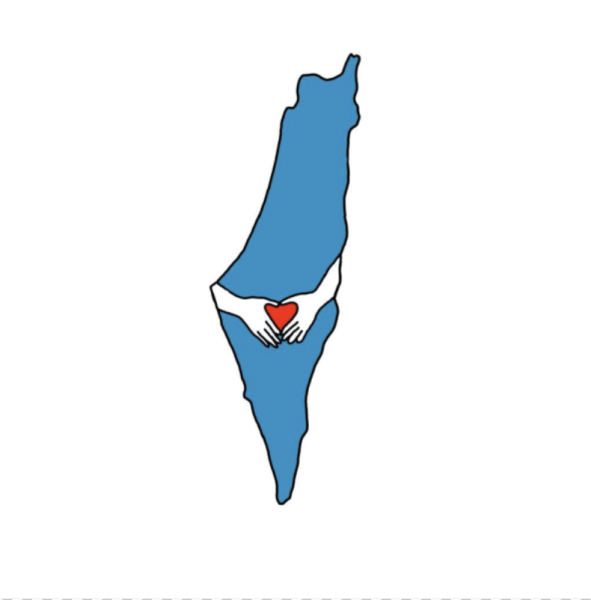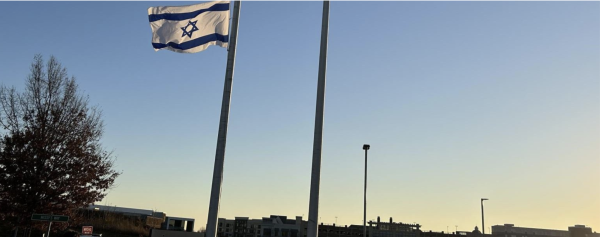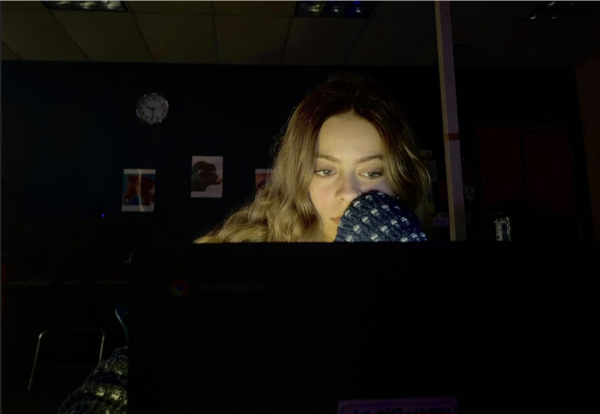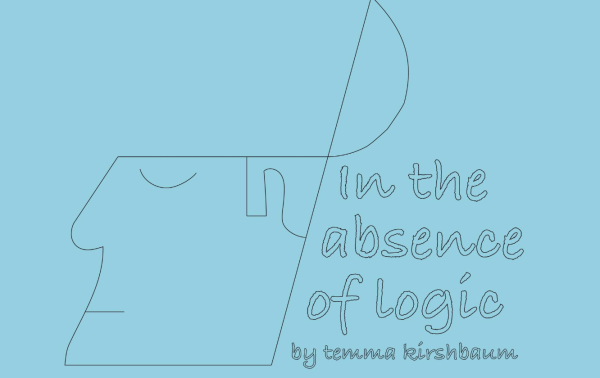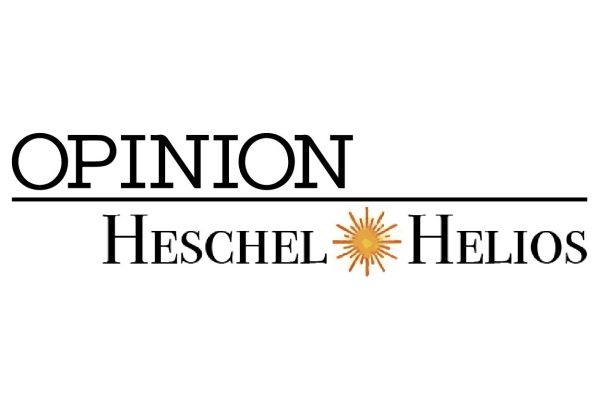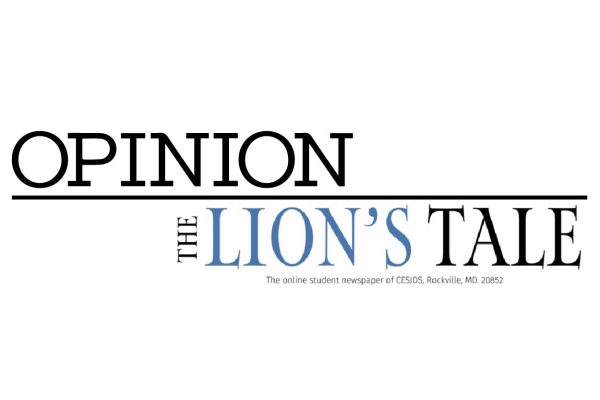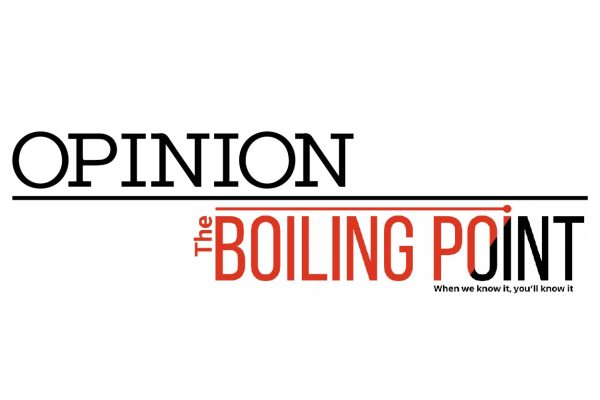How the Orthodox Community Has Responded to COVID-19
February 10, 2021
In the midst of rising coronavirus rates throughout New York City, a number of Jewish community leaders and publications have labeled Mayor Bill de Blasio and Governor Andrew Cuomo, the politicians responsible for managing the crisis, antisemitic due to their coronavirus response. Harold Tischler, a radio personality who identifies himself as an anti-mask advocate and coronavirus denier, led protests in October against coronavirus regulations. He and many other members of Jewish communities in New York City feel they have been unfairly targeted by coronavirus restrictions. However, these restrictions are helpful to the Jewish community and are not antisemitic but rather, data-driven.
One specific argument, as expressed by the Jewish Telegraphic Agency, compares this summer’s racial justice protests to the mass gatherings in Orthodox neighborhoods. Some argue that if those protests were allowed to go on with encouragement from Mayor De Blasio, so should the daily lives and religious traditions of Orthodox Jews. However, a survey conducted in August by researchers from Northeastern, Harvard, Northwestern, and Rutgers Universities surveyed nearly 40,000 people who participated in national demonstrations against police brutality, and the researchers found no link between coronavirus rates and protest participation rates. A researcher who contributed to the study commented, “There is a clear and significant negative correlation between the percentage of a state’s population who reported protesting and the subsequent increase in cases of COVID-19.” New York City, despite having tens of thousands of people marching in the streets over the past summer, did not see an uptick in coronavirus cases during the periods of mass protest. This could be due to the fact that protesters were largely masked.
On the other hand, the conduct of many ultra-Orthodox communities does correlate with a rise in coronavirus cases. Following the Jewish high holidays, coronavirus rates in certain ZIP codes in Brooklyn and Queens rose to dangerous levels, accounting for 25.6 percent of the city’s new virus cases in nine ZIP codes throughout Brooklyn and Queens, although the population in those areas make up only 7.4 percent of the city’s population. The coronavirus disproportionately increases cases in ZIP codes with large Orthodox populations.
In large Hasidic-led rallies in Borough Park, protests against the new restrictions turned violent. These restrictions included the closures of hundreds of schools and all nonessential businesses, bans on mass gatherings, and the limitation of gatherings at places of worship to ten people. While the restrictions were imposed all across New York, Borough Park was the epicenter of most of the public outrage. The rallies were largely attended by ultra-Orthodox individuals, and very few wore masks while protesting, showing little attempt within these communities to undo the adverse effect that not wearing masks had led to in the first place. The spike in cases is evident, and in my experience, just a quick walk around Borough Park will uncover the disregard that many members of the ultra-Orthodox community there have for the ongoing pandemic.
Although some members of those communities believe that they have developed “herd immunity,” their belief is false and dangerous. After an interview with Cuomo’s health commissioner, the New York Times had this takeaway: “Many in this part of Brooklyn believe that because the Orthodox were hit so hard by the virus this spring, they must have already been sick, and that the crisis has passed. This, according to public health officials, is simply not true.” In October, a wedding for a Hasidic leader in Williamsburg that was going to host up to 10,000 guests was cancelled and limited just to close family after state health officials intervened. It is not antisemitic to enforce the coronavirus restrictions across all communities, including Jewish ones — it is just pragmatic.
In some of these ultra-Orthodox neighborhoods, ritual practices that do not conform to social distancing are an essential part of life for residents. Praying with hundreds of congregation members in the same room or attending ceremonies that celebrate the rebbes who are their guiding hand in life are cherished experiences, but the lack of adherence to the guidelines presented by the CDC, Cuomo, and de Blasio is inexcusable. With mask-wearing now on the rise by residents of the affected communities and prominent Jewish authorities urging adherence to health guidelines so that yeshivahs do not close, it seems that Jewish communities that previously disregarded these guidelines are beginning to accept them. These measures are not antisemitic, and everyone has to make sacrifices during the pandemic.
This story was originally published on December 15, 2020.



